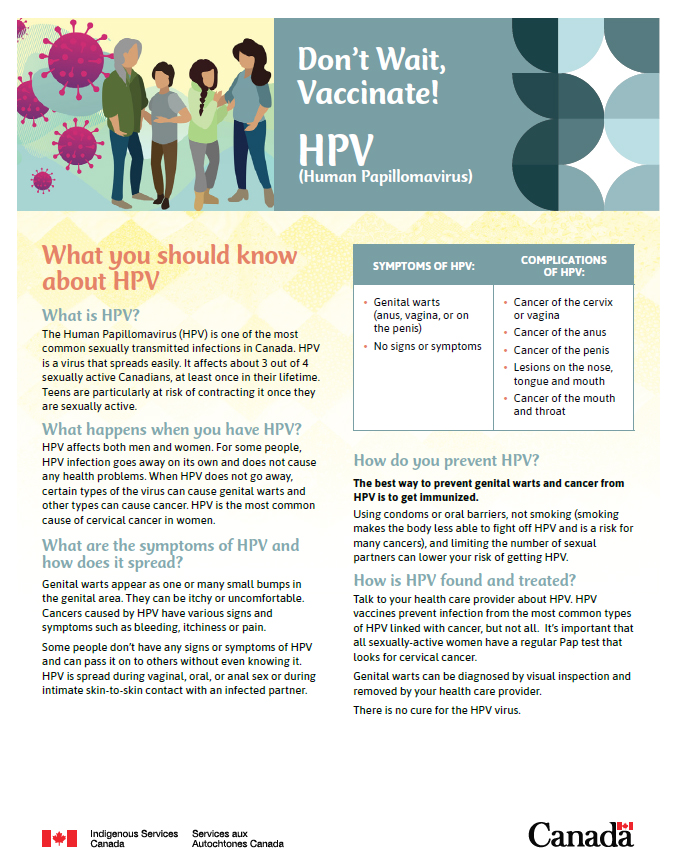
What is HPV? The human papilloma virus, or HPV, is a group of over 150 closely related viruses
Each viral member in the group has its own set of identifying characteristics, including a characteristic set of genetic mutations and other genetic traits that can be passed from one member of the family to another.
HPV can be transmitted sexually through contact with genital areas of a person who has it. Warts that develop in a person's mouth are known as cervix warts and are often confused with other common oral cancers such as adenocarcinoma of the cervix. Other types of HPV have different genetic makeup, but they all result in cancerous growths in different places on a person's body. Many people do not realize that most sexually transmitted diseases can also result in cancer. Some examples are: human immunodeficiency virus (HIV), genital herpes, syphilis, gonorrhea and Chlamydia.
When a person is infected with HPV, he or she begins to produce antibodies against the HPV virus. These antibodies attack the HPV, making it less likely for the virus to reproduce and spread throughout the body, but the antibodies are only effective if the person is tested regularly.
The problem is that most people do not know that they have HPV warts until the warts develop and begin to cause problems. This is why it is so important for people to have regular Pap smear tests to detect possible cases of HPV.
Warts are caused by the Human Papilloma Virus (HPV). The virus is not harmful to most people, although some people may become quite ill if they come into contact with it. Most people are not aware that they have HPV until they experience a bout of HPV-related warts. Some people don't even know that they have warts until their partner develops warts.
HPV can be transferred sexually. This means that when you engage in oral sex with a person who has HPV, you are passing the virus onto them and their partner. The symptoms of having HPV vary based on who you have sexual contact with and who you do not have contact with. For some people, the warts can go away and disappear on their own. Others need to see their doctor as soon as possible.

If you think that you might be affected by HPV, you should speak with your doctor about testing. There are a variety of tests available, including Pap smear tests and blood tests, to determine if there is any evidence of HPV in your system.
Your doctor can help you learn what you can expect if you have HPV
He or she will be able to tell you what you can expect from treatment options.
Depending on how often you have sexual contact with someone who has HPV, you can get an HPV vaccination. If you are sexually active, this is a good way to protect yourself against catching the HPV virus.
You can also get a prescription drug for HPV if you have been exposed to the HPV virus. Most doctors will prescribe drugs like Gardasil for people who have multiple sex partners, especially those who have multiple sexual partners.
If you have HIV, you will need to use a different approach to getting treated. as HIV cannot be prevented by HPV, you must get treated as soon as possible, as the infection spreads rapidly.
Because HIV cannot be prevented, you need to get treatment before you pass on the virus to someone else. A drug called AZT works by slowing down the replication of the virus and therefore preventing the spread. to other cells.